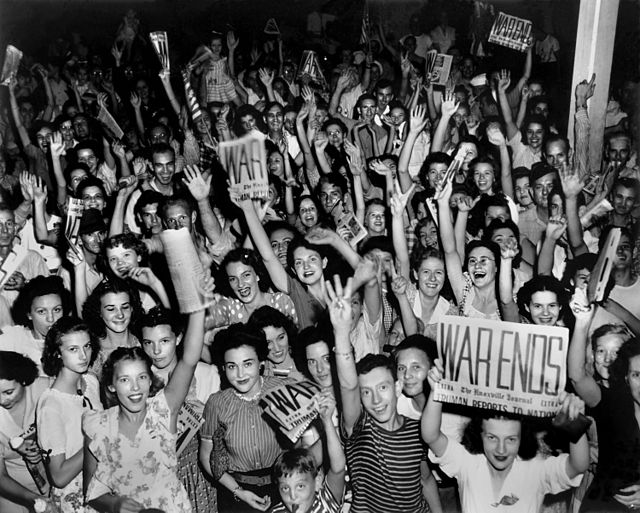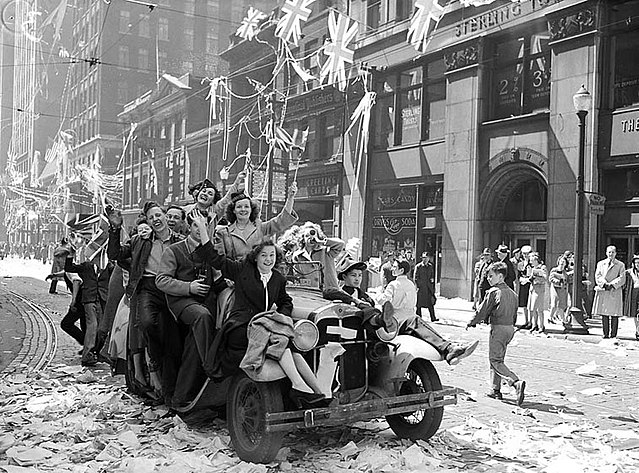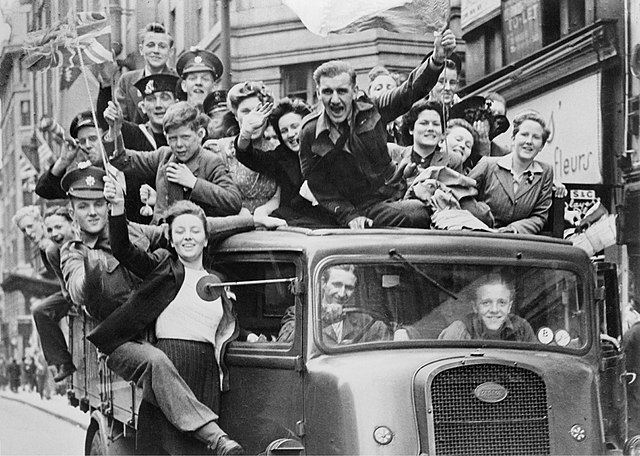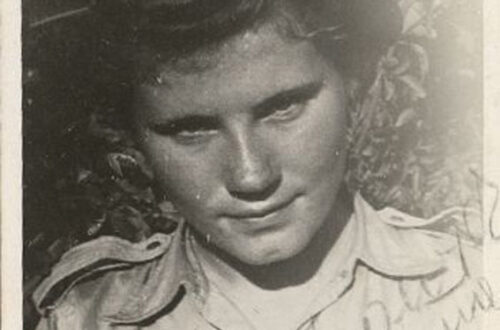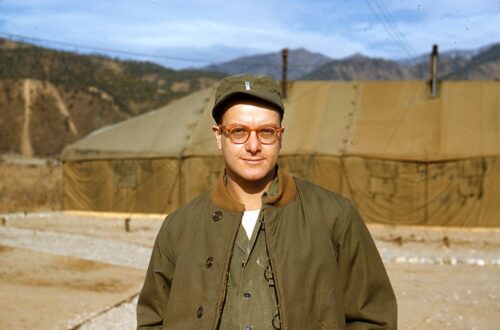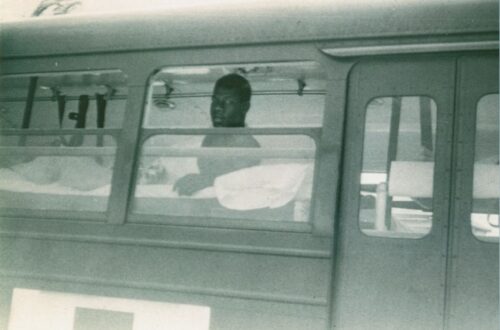PTSD Series: Second World War
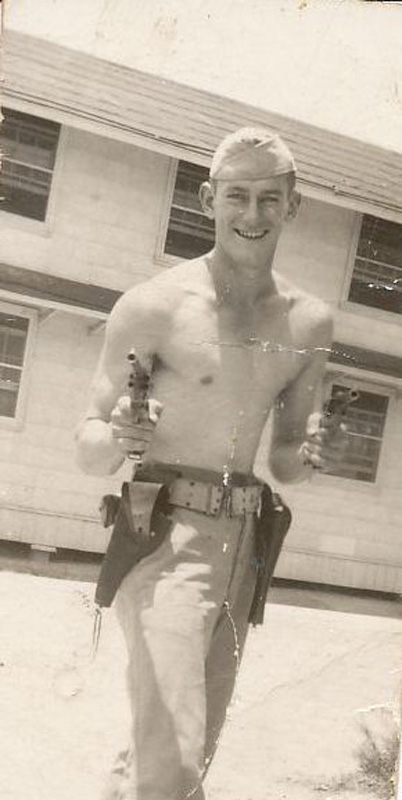
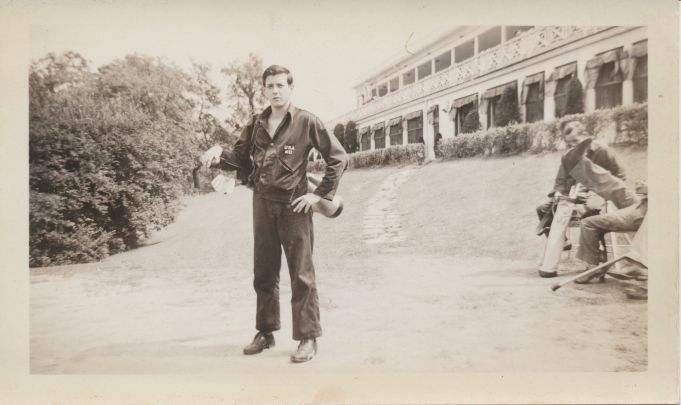
Post-Traumatic-Stress-Disorder
This is the first post of this 3-part series of veteran-related PSTD. The twentieth century saw millions of Americans, men women, and children, mobilizing for war. Unlike previous centuries, the wars of the twentieth and twenty-first centuries were a marriage of combat and industry, nations built bigger and bigger guns, armed millions of their citizens, and new technological advancements lead to new armament innovations such as tanks and planes.
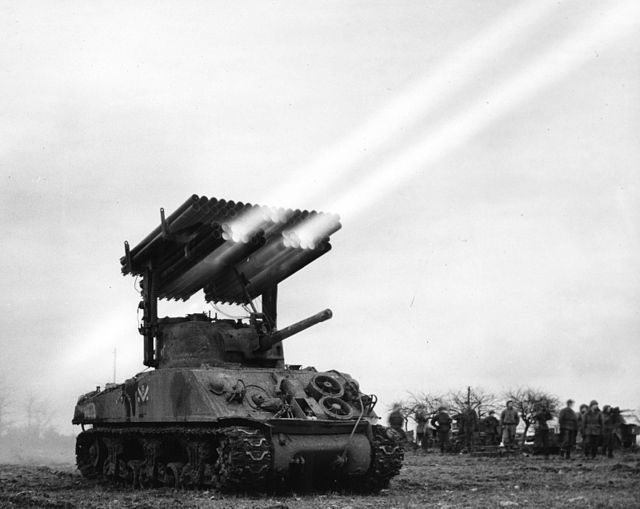
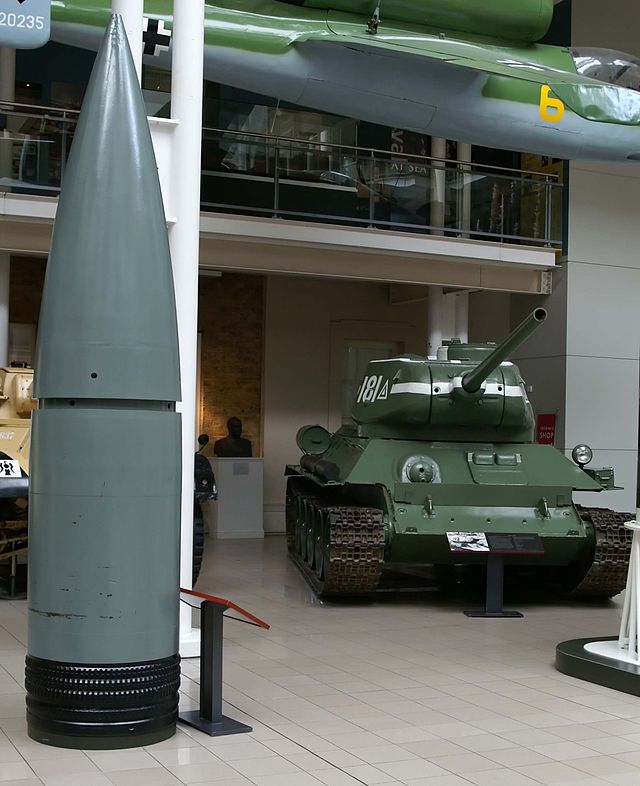
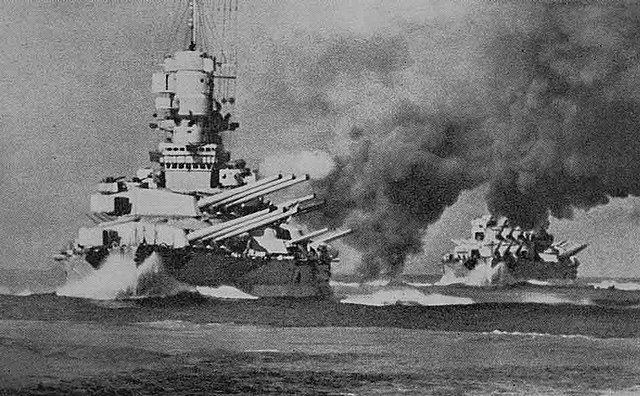
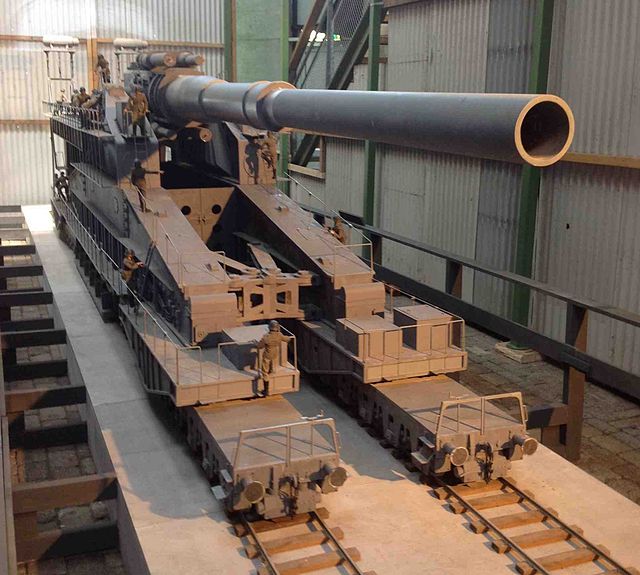
Returning veterans came home changed, their previous personalities and lives were altered by their experiences overseas. The constant traumatic, stressful, and deadly circumstances afflicted the mental state of millions of men and women with what is now known as Post-Traumatic-Stress-Disorder (PTSD).
The term Post-Traumatic-Stress-Disorder is a relatively recent prescribed disorder, coined during the 1980s after the returning Vietnam War veterans. Prior to the Vietnam War, veterans of the first and second World Wars and the Korean War were reported to experience what was known at the time as Mood Disorder or Shell Shock, referring the cause to continuous bombardments that soldiers experienced.
Second World War Veterans
Upon returning home, Second World War Veterans were received as heroes. However, the war left a toll on many individuals. In this collection, veterans told their tale of how they dealt with civilian life after the war and how they adjusted to the change of environment.
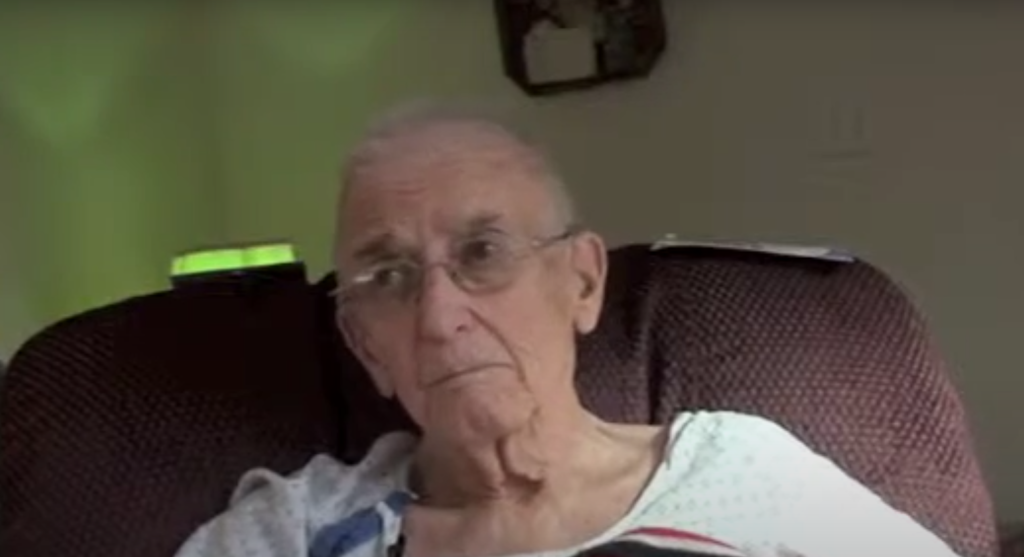
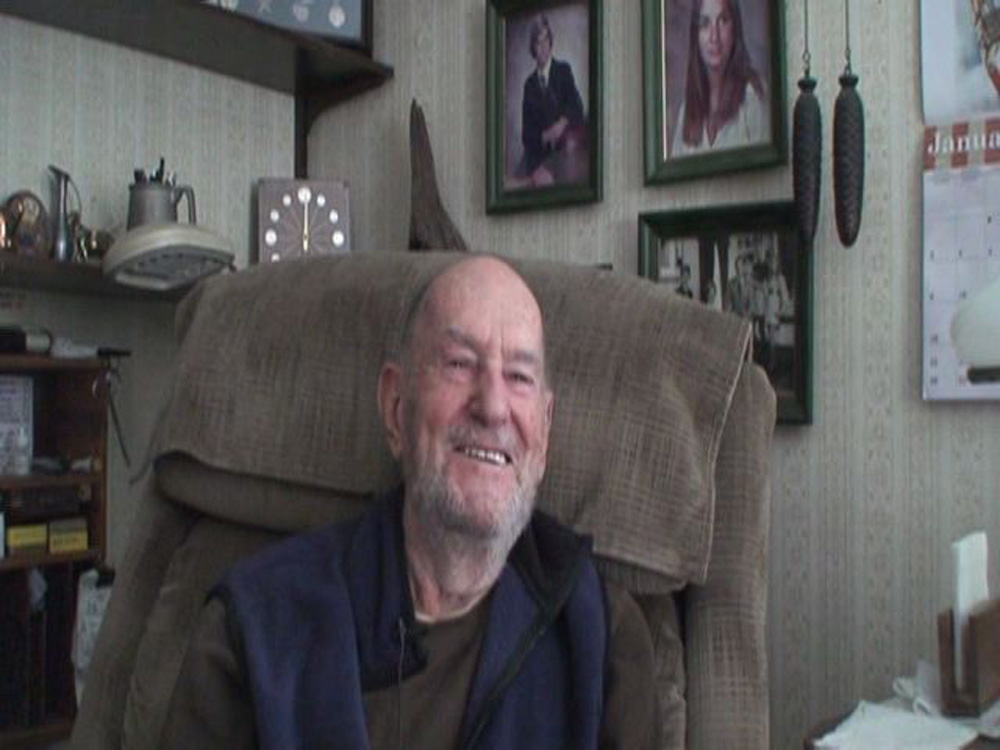
Two of the Second World War veterans, Alton Hastings and Merwin Andrews, describe their battle experiences in the European theater of the Second World War.
How the hell can I be happy about killing someone else’s son or daughter…But we’ve been doing it for how many years, you know? We’re going to continue to do it.
Alton Hastings
Alton Hastings did not enjoy or relish in war. After he came home to Hartford, Connecticut he got a job as an apprentice dental assistant. One day he came out of the building to a couple of construction men breaking up the asphalt. he told the interviewer that the noise brought everything back, he relived his wartime experience. At that moment he ran and hid somewhere to escape to memories and distance himself from others.
Nightmares were not much of an issue, he described them as few and far between, when he did he was able to manage them and get through the tough times. Since his return home to America, he has had much time to reflect and put much of what he has seen and done behind him, talking about his military service has also aided him.
I feel guilty wearing the Purple Heart because you could be dead, you coukd have two legs missing, two arms mising, and you still get the same thing… Its not fair.
Merwin Andrews
Merwin Andrews had a different experience with PTSD compared to Alton Hastings. Upon returning from Europe, Merwin describes himself as someone who is not easily bothered, during the 45th and the 50th anniversary of the war he qualified for jumping, and on his 75th birthday, he relived his younger days by jumping out of an airplane.
But two things did change about him. The first was he developed a stutter, something he did not have prior to his service in Europe, for which he had to concentrate on what he was going to say and focus entirely on his vocab otherwise he stuttered. The second change was the sleepless nights. Similar to Alton Hastings, Merwin had sleepless nights when he watched war movies. The films acted as a trigger that made him relive instances of his time overseas and cause him not to sleep. However, the magnitude of his flashbacks and if they did happen when he did not watch a movie about the war was not mentioned.
As of 2022, it has been 77 years since the closing of days of the Second World War. These veterans are rapidly disappearing, fewer of these veterans remain each day. Of those who were interviewed, not many talked about the lasting impacts the war had on them. This can be for a variety of reasons; perhaps they dealt with it long ago, memory loss, or they simply do not want to talk about it. However, upon returning home these men were treated as heroes by their nation.
